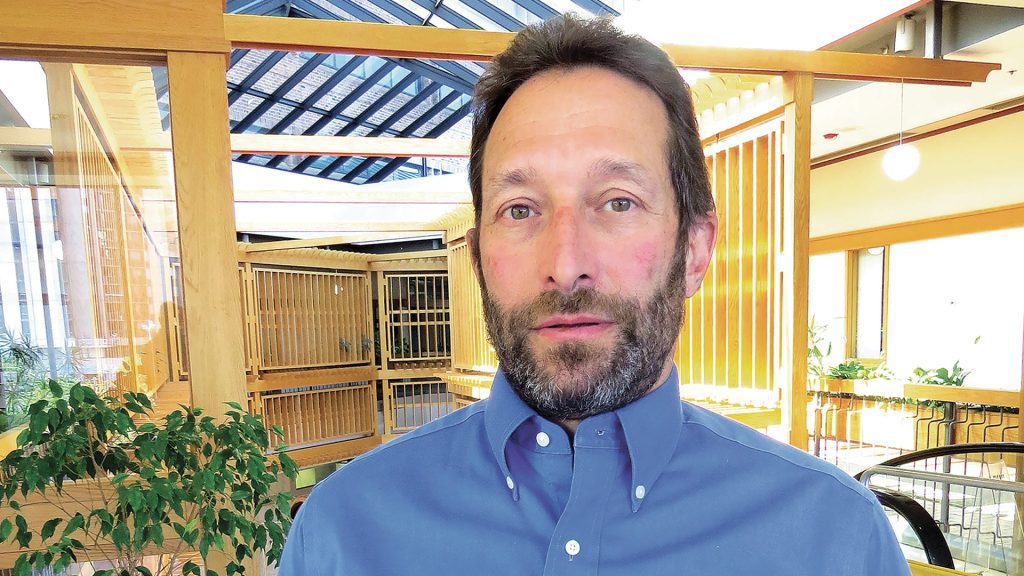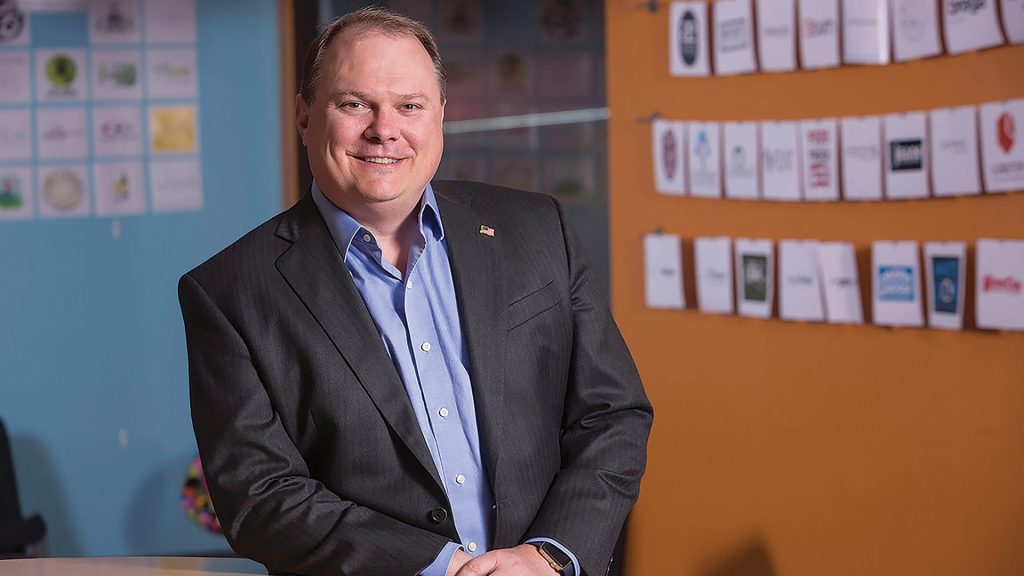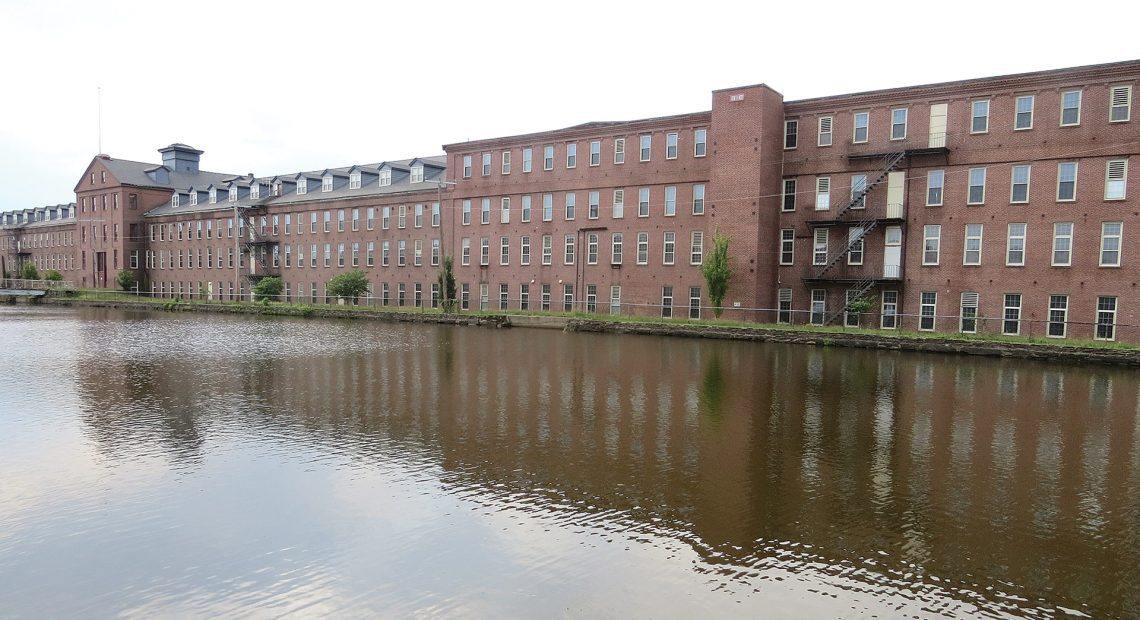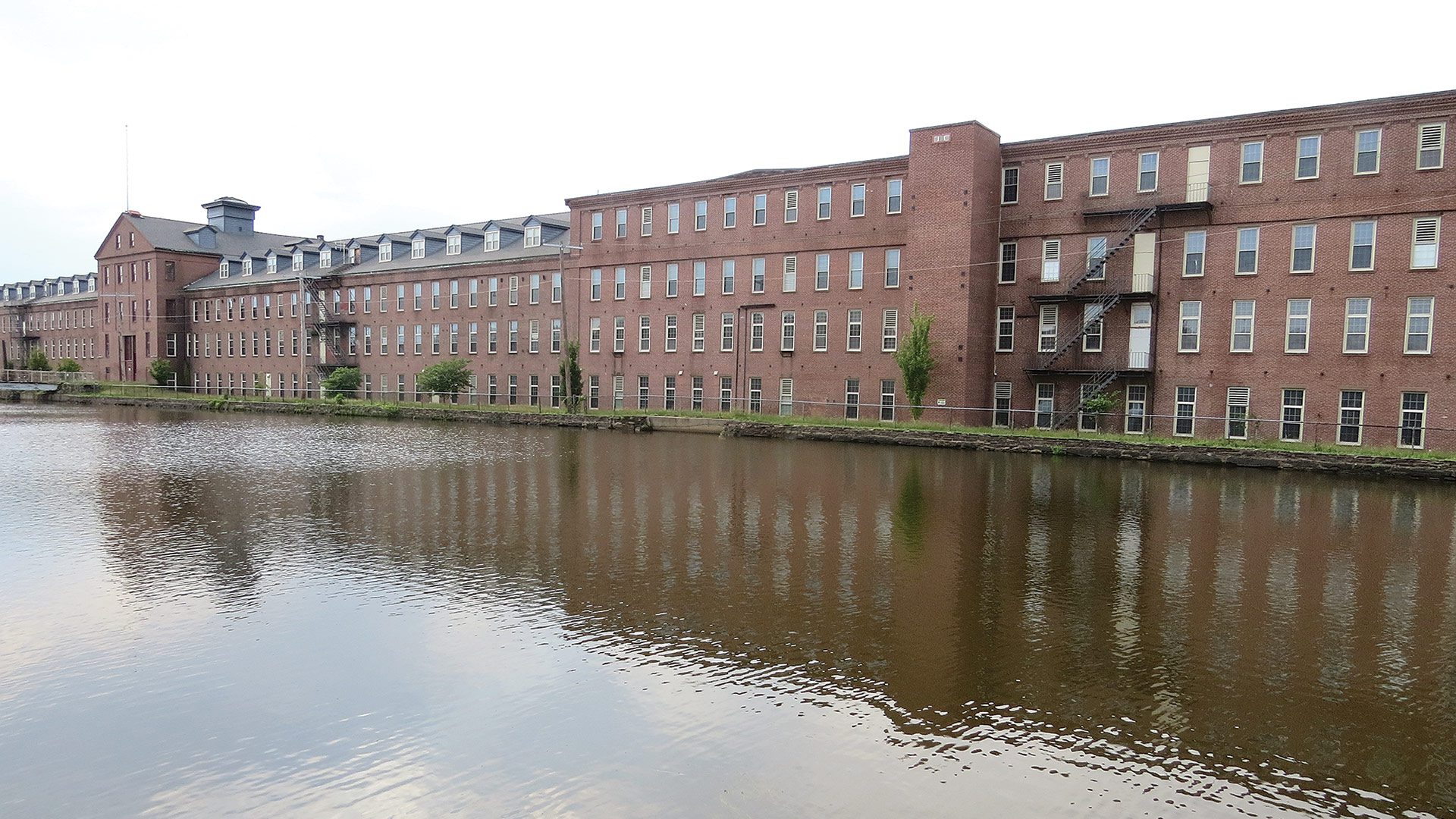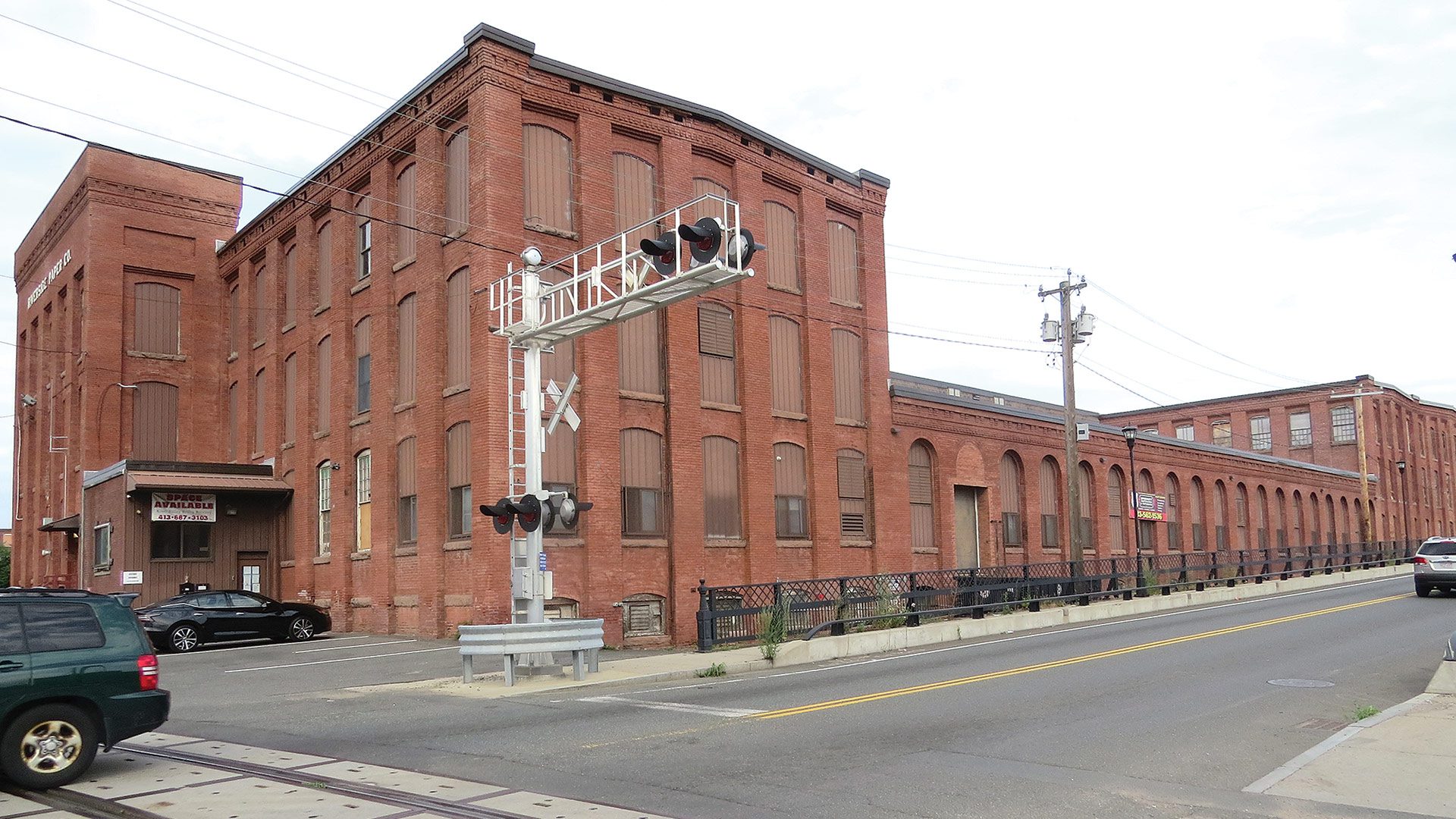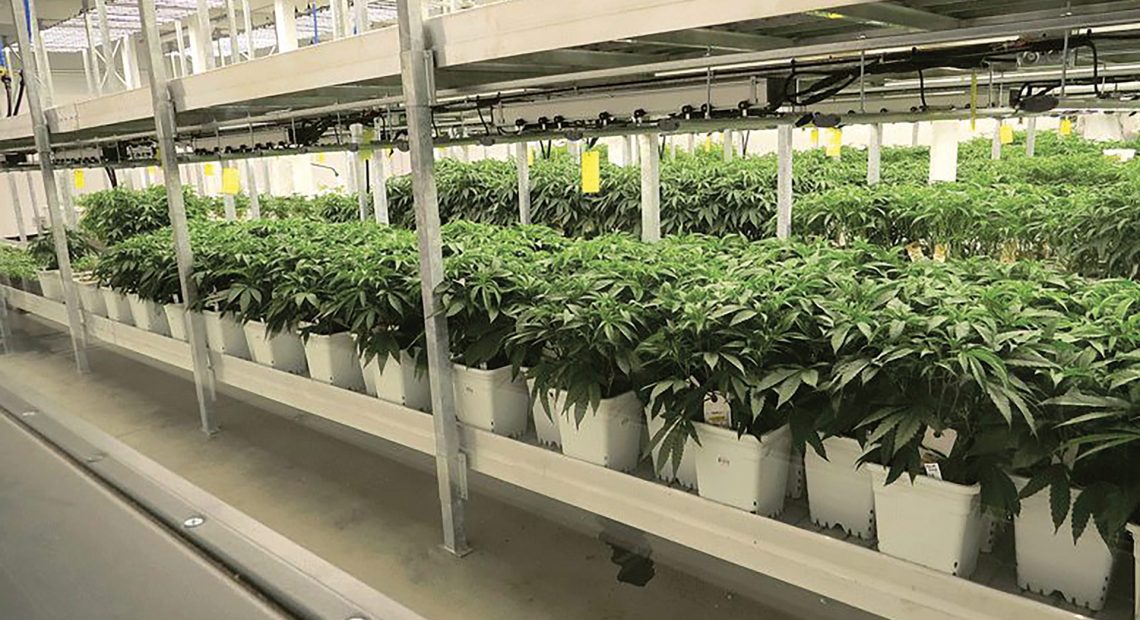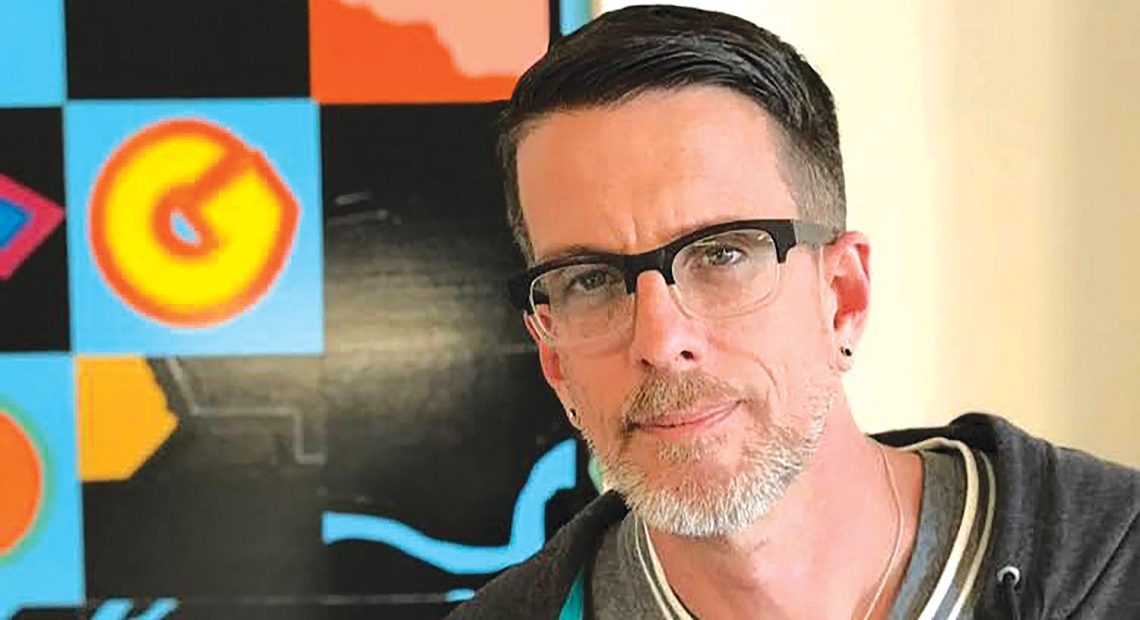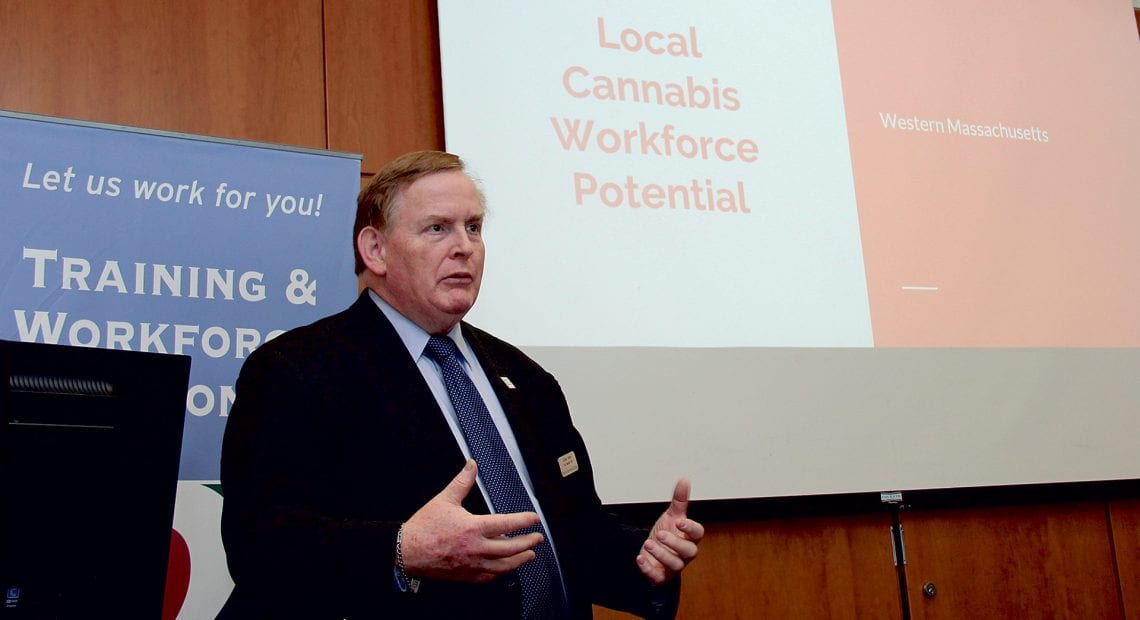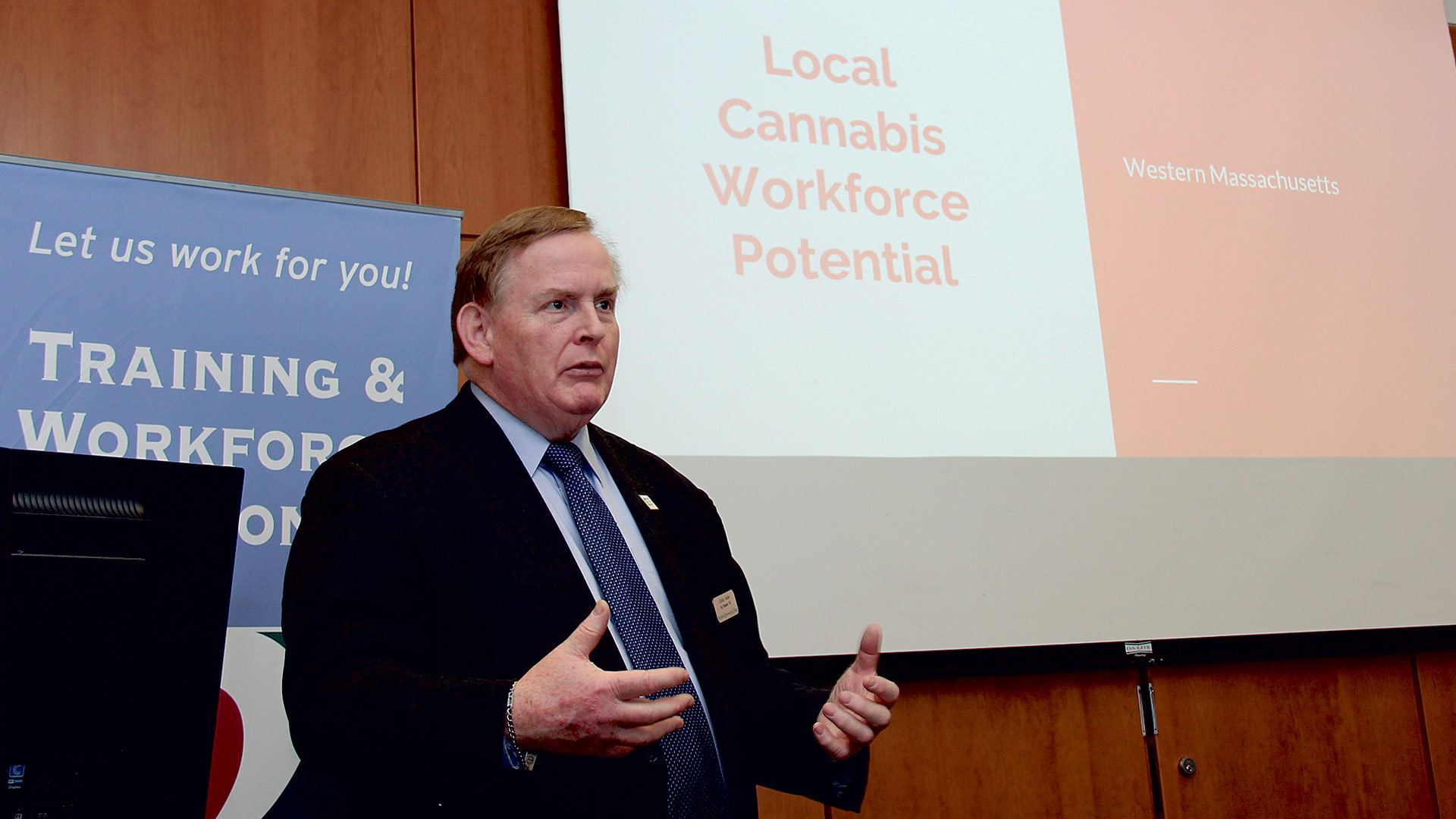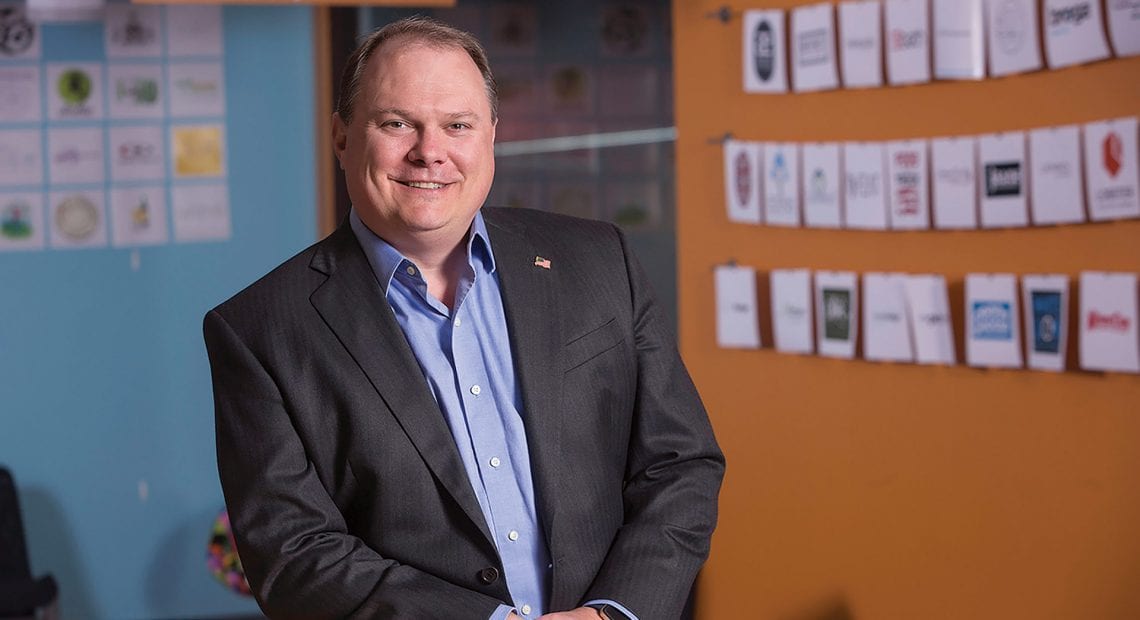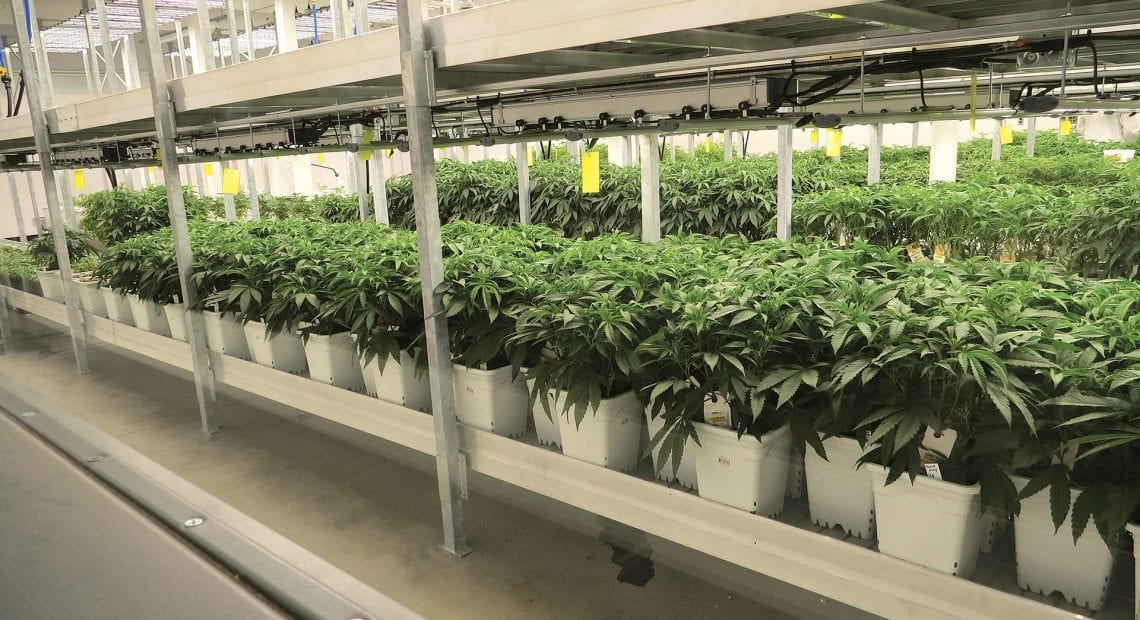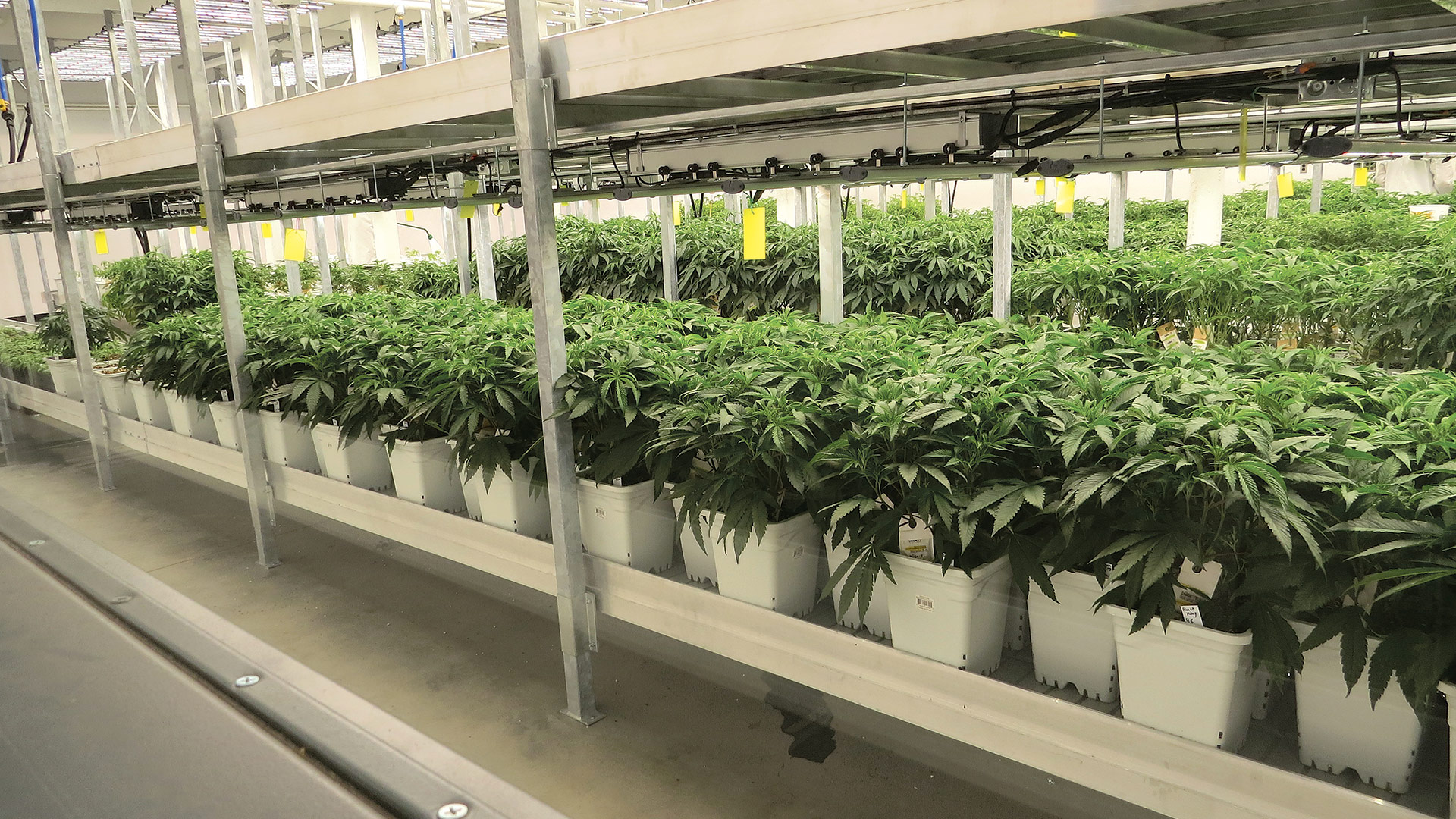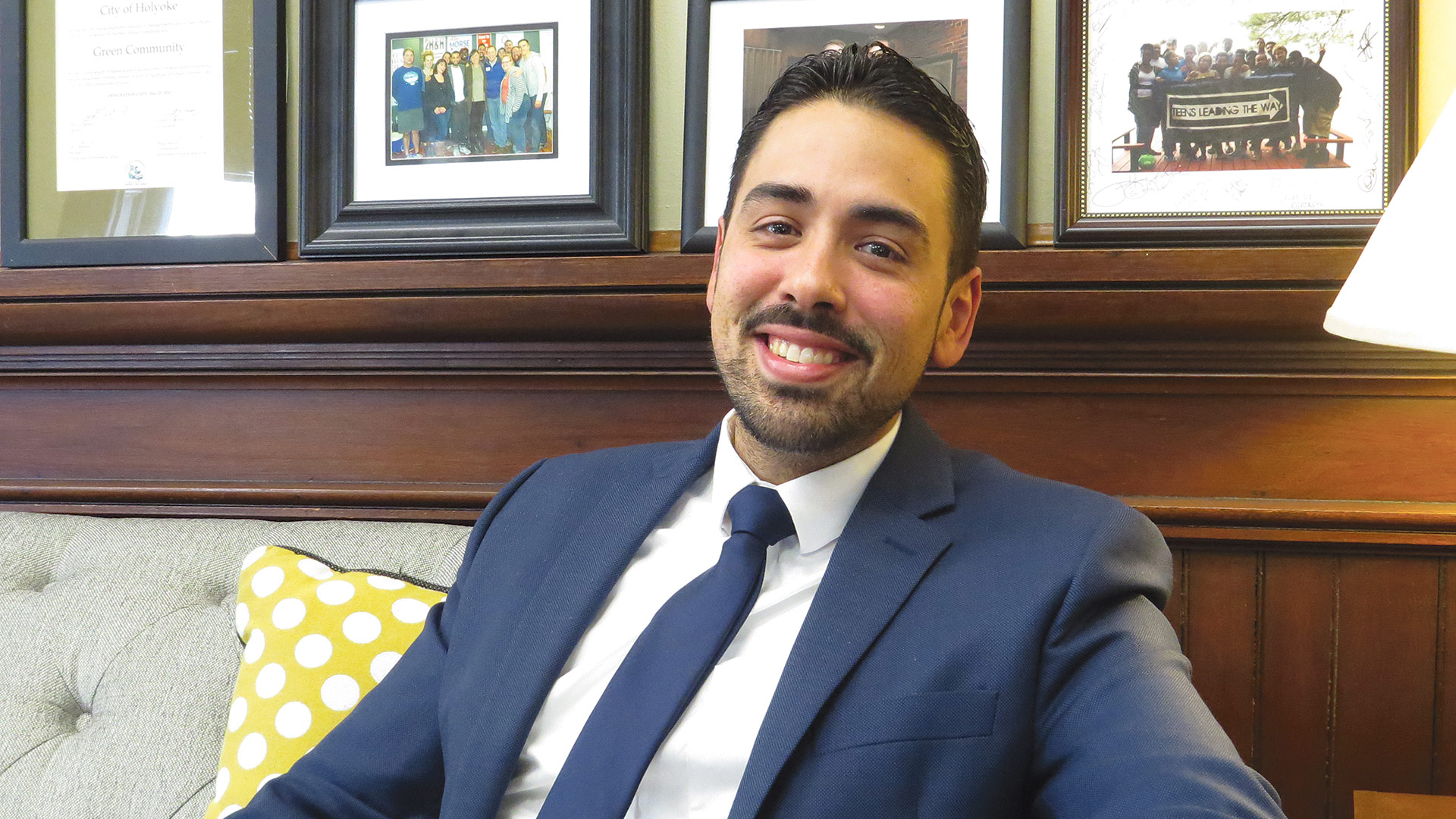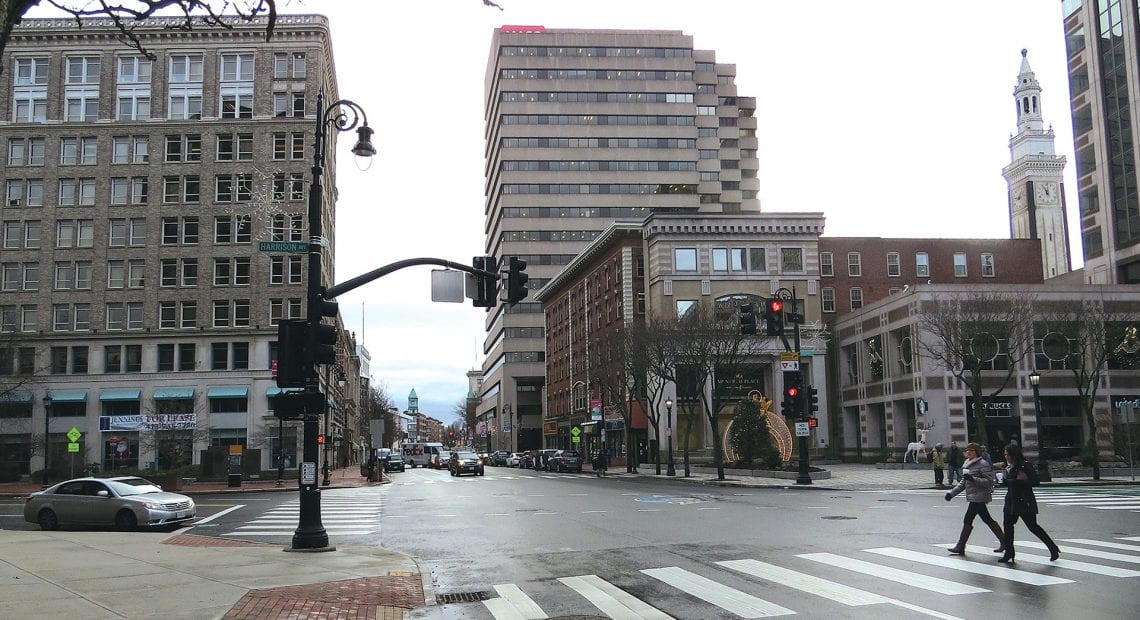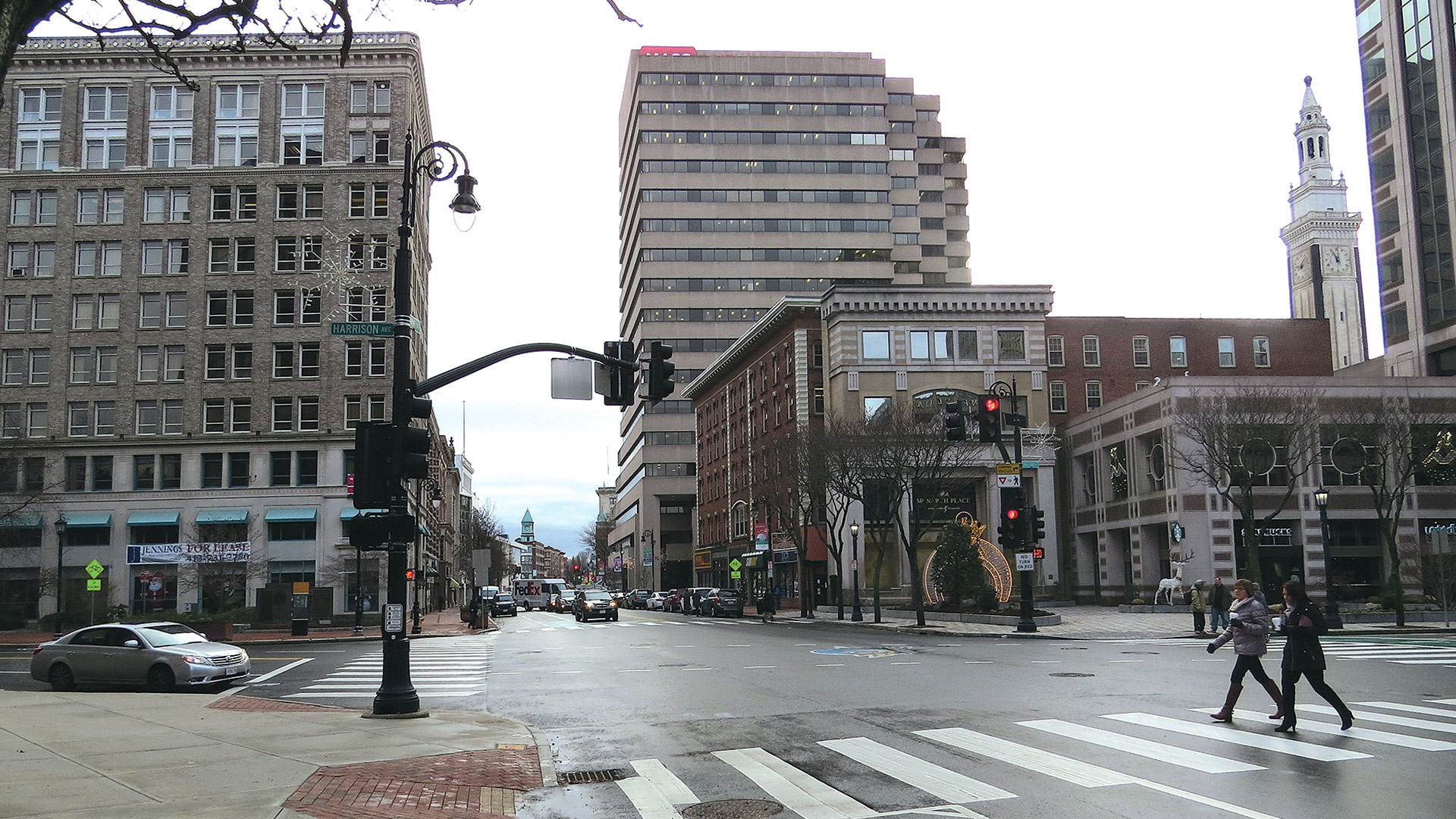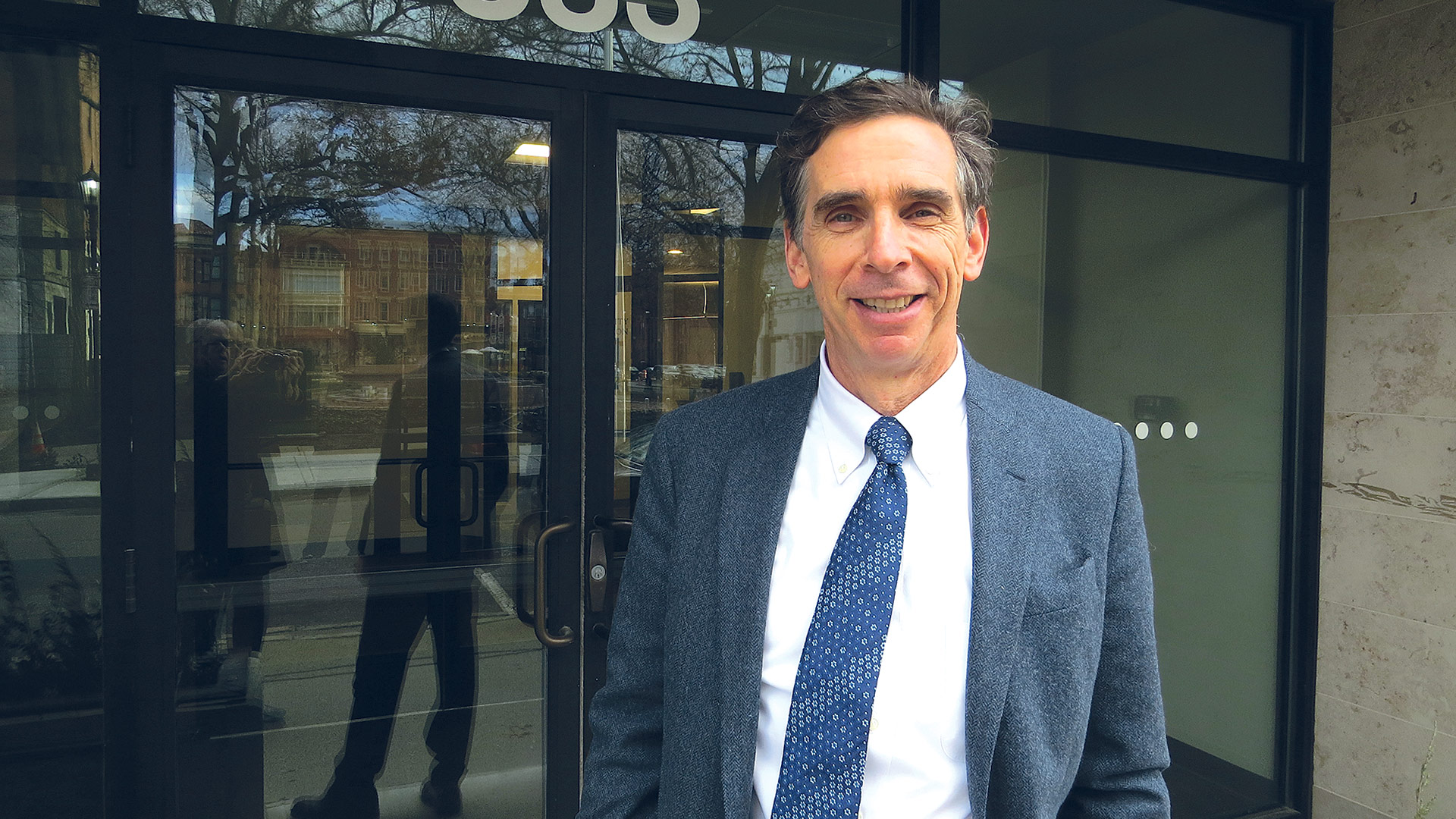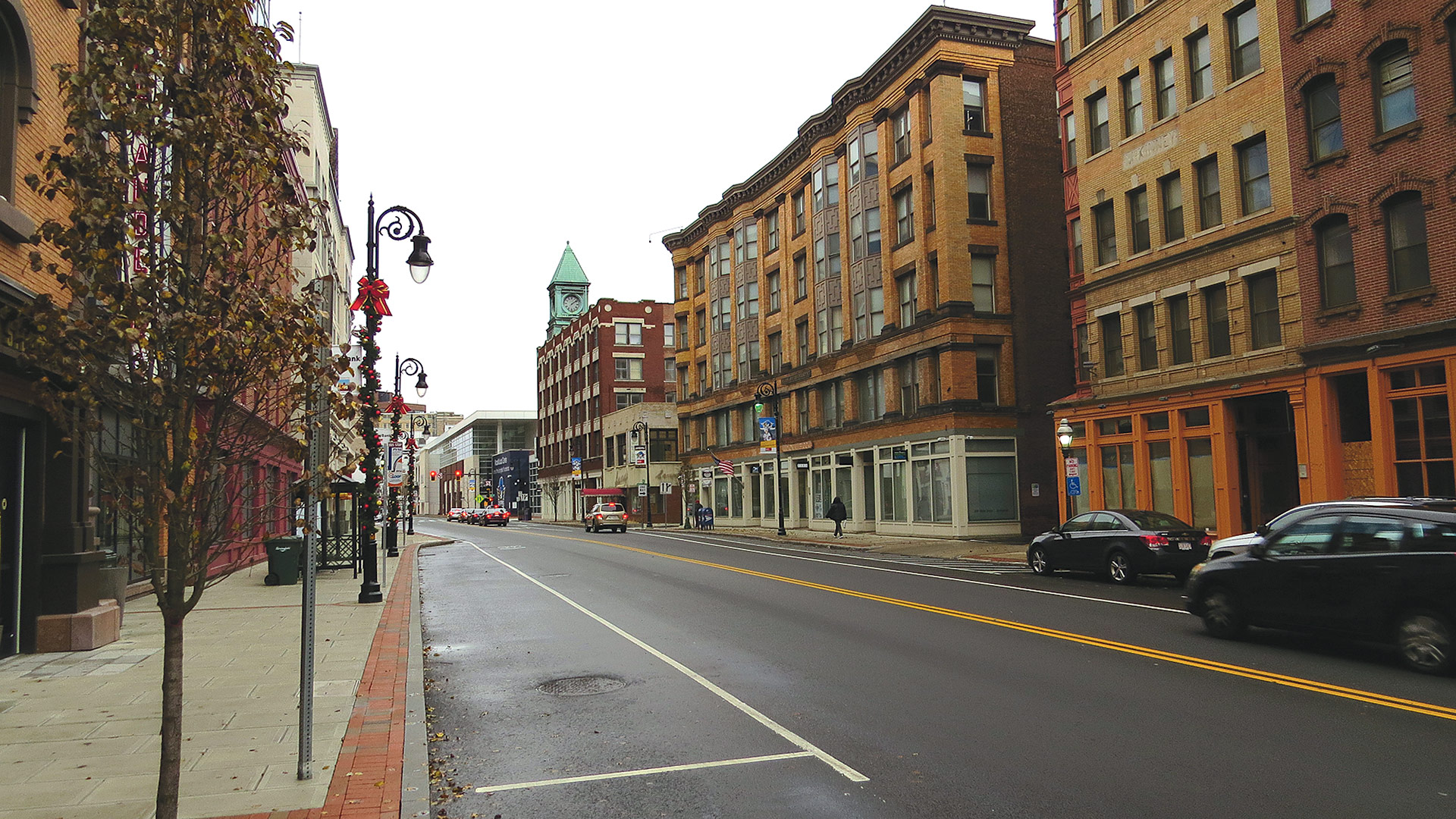A Matter of Survival
When asked what it takes to thrive in the cannabis business these days, Meg Sanders paused before noting that ‘thrive’ is the wrong word.
“I think thriving is part two. Right now, surviving is really the topic of the day. That’s what we need to be looking at,” said Sanders, CEO of Canna Provisions, which operates dispensaries in Holyoke and Lee.
And it’s not just because of the heightened competition that has arisen, both within Massachusetts and from across state lines, though that factor has caused some shops to close, with others likely to follow, as the market begins to settle, eventually determining how many dispensaries is too many.
No, that development has only exacerbated one of the key challenges for cannabis entrepreneurs: the fact that the drug is federally illegal, which makes financing thorny, normal business activities difficult, and the tax environment severe, to say the least.
“Our accounting bill is probably super elevated from a normal business. Our legal bill is probably way larger than a normal business because there are just so many T’s to cross and so many I’s to dot. And that’s just part of it,” Sanders said before detailing issues with access to financial services and lending. “What if we could get SBA loans? What if we could apply for federal grants? I mean, there’s so much money out there that a small business should be eligible for, but we can’t do any of that because we’re federally illegal.”
Meg Sanders
“What if we could get SBA loans? What if we could apply for federal grants? I mean, there’s so much money out there that a small business should be eligible for, but we can’t do any of that because we’re federally illegal.”
With that in mind, a coalition of U.S. cannabis operators and investors filed a lawsuit late last year against U.S. Attorney General Merrick Garland. The coalition asserts that the federal government has no basis for enforcing the Controlled Substances Act against intrastate, state-regulated cannabis operations. The plaintiffs include Canna Provisions; Gyasi Sellers, CEO and founder of Treevit; and Wiseacre Farm, all of which are independent operators in Massachusetts that claim to have suffered significant harm and business challenges due to federal prohibition.
Verano Holdings is also named as a plaintiff, while foundational supporters of the suit include Ascend Wellness Holdings, TerrAscend, and Green Thumb Industries, as well as Eminence Capital and Poseidon Investment Management.
The lawsuit seeks to confirm the rights of Massachusetts and other states to regulate cannabis within their borders, and to limit the federal government’s power to regulate commerce.
The Controlled Substance Act bars the production, distribution, and possession of marijuana, regardless of whether those activities cross state lines or, as in the case of the plaintiffs’ businesses, are intrastate. According to the lawsuit, “this unjustified and unconstitutional prohibition on intrastate cannabis harms plaintiffs and hinders the efforts of states to provide patients and adults with access to strictly regulated and tested cannabis.”
“The purpose of the lawsuit is to basically challenge the constitutionality of the Controlled Substance Act on intrastate activity. Basically, the suit alleges that the federal government has no say what happens within state borders,” Sanders told BusinessWest. “I wasn’t aware of this lawsuit until somebody recommended me to be part of it. So we had substantial meetings with our legal team and our board about this particular issue, and we all felt like there’s something here, and that this is an important way to approach it.”
Tough Environment
Cannabis banking has softened somewhat in Massachusetts, Sanders was quick to note. “I would say Massachusetts is probably one of the friendliest banking states in the United States as far as cannabis. We have a lot of very thoughtful, kind, smart bankers out there that are trying to service the industry. And that’s great; we have checking accounts, we have saving accounts, some of us are able to do debit-card acceptance. But we can’t take credit cards. I can’t get a business loan. Equipment loans are out there, but they’re at a really high interest rate. And also, I can’t get access to normal payroll services. So I can’t work with an ADP or a Paychex or some of the big guys that are really good at what they do.
“If you’re signing up to be in cannabis, you’re signing up for all of these headaches. This is the nature of the beast. And it’s not negotiable; those are the facts. This is what we have to deal with every single day. And it’s really, really hard.”
The lawsuit also takes aim at what’s known in the IRS tax code as Section 280E, which originated from a 1981 court case in which a convicted cocaine trafficker asserted his right under federal tax law to deduct ordinary business expenses. In 1982, Congress created 280E to prevent other drug dealers from following suit.
So, while state-legal cannabis businesses are allowed to deduct the cost of goods sold when paying taxes, they can not take other deductions normal to most non-cannabis businesses — salaries, health insurance, utilities, maintenance, and much more. “So I have an effective tax rate of 73%,” Sanders said.
In 2005, the U.S. Supreme Court rejected a challenge to the Controlled Substance Act’s cannabis prohibitions.
But, according to a press release announcing the new lawsuit, “a critical factor in that decision, Gonzales v. Raich, was that the federal government intended to ‘eradicate’ the market for cannabis nationwide. The court concluded that the federal goal of eliminating commerce in cannabis, combined with the assumption in 2005 that intrastate marijuana could not be differentiated from interstate cannabis, justified the Controlled Substances Act’s prohibitions on intrastate cannabis. Neither of those facts, however, are true today. In the 18 years since Gonzales, Congress and the executive branch have abandoned any intent to ‘eradicate’ cannabis, and numerous states have developed regulatory programs for legal marijuana that is not fungible with, and is readily distinguished from, illicit cannabis.”
Indeed, the plaintiffs note, today, 38 states and Washington D.C. have medical or adult-use cannabis programs with significant regulatory oversight, requiring compliance with stringent regulations aimed at protecting patients, customers, and the public, including video surveillance and seed-to-sale tracking.
“Absent the relief sought in this lawsuit, plaintiffs and other state-regulated cannabis operators will continue to suffer severe harms,” the release notes. “State-regulated cannabis businesses are deemed illegal under the CSA; their everyday activities are considered federal crimes. As a result, they are cut off from numerous federal programs and protections (including small-business loans), they are subject to discriminatory tax penalties, and many organizations — including banks and credit-card processors — refuse to do business with them, rather than risk being deemed conspirators, aiders and abettors, or money launderers.
“The result is that many cannabis businesses are suffering, people are losing their jobs, and individual wealth is being destroyed,” the statement continues. “In addition, social-equity licensees harmed by the war on drugs and who were supposed to have equal access to the industry do not have the same benefits as otherwise situated business owners to start a business and build their wealth.”
Appetite for Change?
Sanders sees this lawsuit as a kind of parallel track to other ongoing efforts to disentangle federal and state laws, thereby easing the cost of business in the cannabis industry, with many hoping Congress steps in at some point and removes cannabis from the Schedule 1 list of controlled substances.
“There are a lot of legislators that really support and see cannabis as an industry for their constituents and understand that jobs are being created and there’s a lot of revenue. And, bottom line, their voters want to buy weed from a regulated dispensary,” she told BusinessWest. “That’s what we see every single day. We still have more people coming in. And what voters are telling legislators is they want safe access to cannabis.”
At the same time, Sanders understands that Congress has many competing priorities, and that they struggle to come together in a bipartisan way on any issue.
“Until politicians see voters saying, ‘well, because you’re negative on cannabis, we’re not going to vote for you,’ I don’t think you’re going to see a change. I mean, that’s their business. Their business is to get votes. As voters, we want legalization, but there are so many other things that are separating us as a country, and those are way more important, probably, in the eyes of legislators.”






